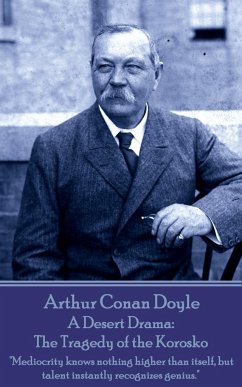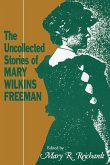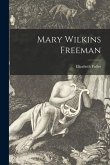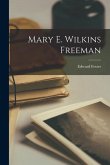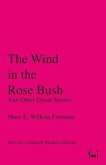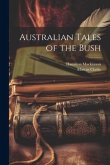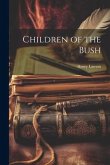Mary Eleanor Wilkins Freeman was born in Randolph, Massachusetts on October 31st, 1852. Her parents, Eleanor Lothrop and Warren Edward Wilkins, originally baptized her "Mary Ella". They were orthodox Congregationalists and brought Mary up very strictly, a theme which Mary used in her works throughout her career. The family moved to Brattleboro, Vermont, in 1867, from where Mary graduated from the local high school before continuing her education at Mount Holyoke Female Seminary in South Hadley, Massachusetts, for the year 1870-71. She later finished her education at Glenwood Seminary in West Brattleboro. The family went through straitened times in 1873 when their dry-goods store closed down and the family returned to Randolph. Mary's mother died in 1876 and in her memory Mary added 'Eleanor' to her name. She had begun writing verse and stories for children whilst still a teenager and these early submissions proved successful. Her first short story to be published was 'The Ghost Story' in 1881 after it won a short story competition. By interlacing elements of the supernatural with domestic realism she had hit upon a solid formula for success. Mary's father died in 1883, leaving her with no immediate family and a small estate worth less than a thousand dollars. This was the pivotal moment when Mary, in need of an income, decided her writing skills would give her the best opportunity. Indeed her best work was to flow from her pen over the next decade whilst she still lived in Randolph. In her career she published more than two dozen volumes of short stories and novels. She is best known for two collections; A Humble Romance and Other Stories (1887) and A New England Nun and Other Stories (1891). Her stories are mostly set in New England life. Mary is also remembered for her novel Pembroke (1894), and she contributed a notable chapter to the collaborative novel The Whole Family (1908). In 1892 she met Dr. Charles Manning Freeman, seven years her junior whilst she was on a visit to Metuchen in New Jersey. The courtship was slow and endured many obstacles and delays until they eventually married on New Years Day, 1902. She was now "Mary E. Wilkins Freeman". The couple built a home in Metuchen, where Mary became something of a local celebrity. Sadly her husband suffered from alcoholism and an addiction to sleeping powders as well as an easily gained reputation for fast horses and womanizing. He was committed to the New Jersey State Hospital for the Insane in Trenton and with that the couple separated. After his death in 1923, he left what wealth he had to his chauffeur and one dollar to Mary. In her life and writing Mary wanted to demonstrate her values as a feminist. Her female characters were strong and self-willed. She used them to challenge contemporary stereotypes over their roles, values, and relationships in society. Her short story 'The Revolt of Mother' illuminated the struggles of rural women and their lack of rights and was the first of many of her stories to engage an audience to discuss the lack of control rural woman had over their families finances. In April 1926, Mary became the first recipient of the William Dean Howells Medal for Distinction in Fiction from the American Academy of Arts and Letters. On March 13th, 1930, Mary E. Wilkins Freeman suffered a fatal heart attack in Metuchen. She was 77. She was interred in Hillside Cemetery in Scotch Plains, New Jersey.
Hinweis: Dieser Artikel kann nur an eine deutsche Lieferadresse ausgeliefert werden.
Hinweis: Dieser Artikel kann nur an eine deutsche Lieferadresse ausgeliefert werden.

